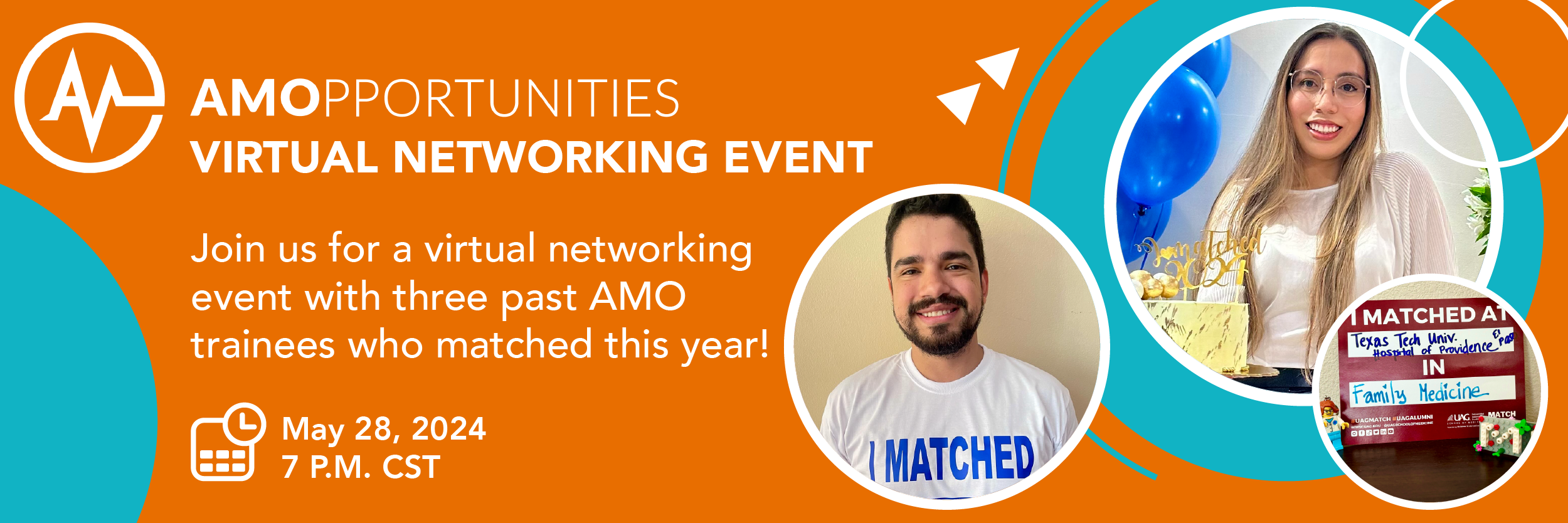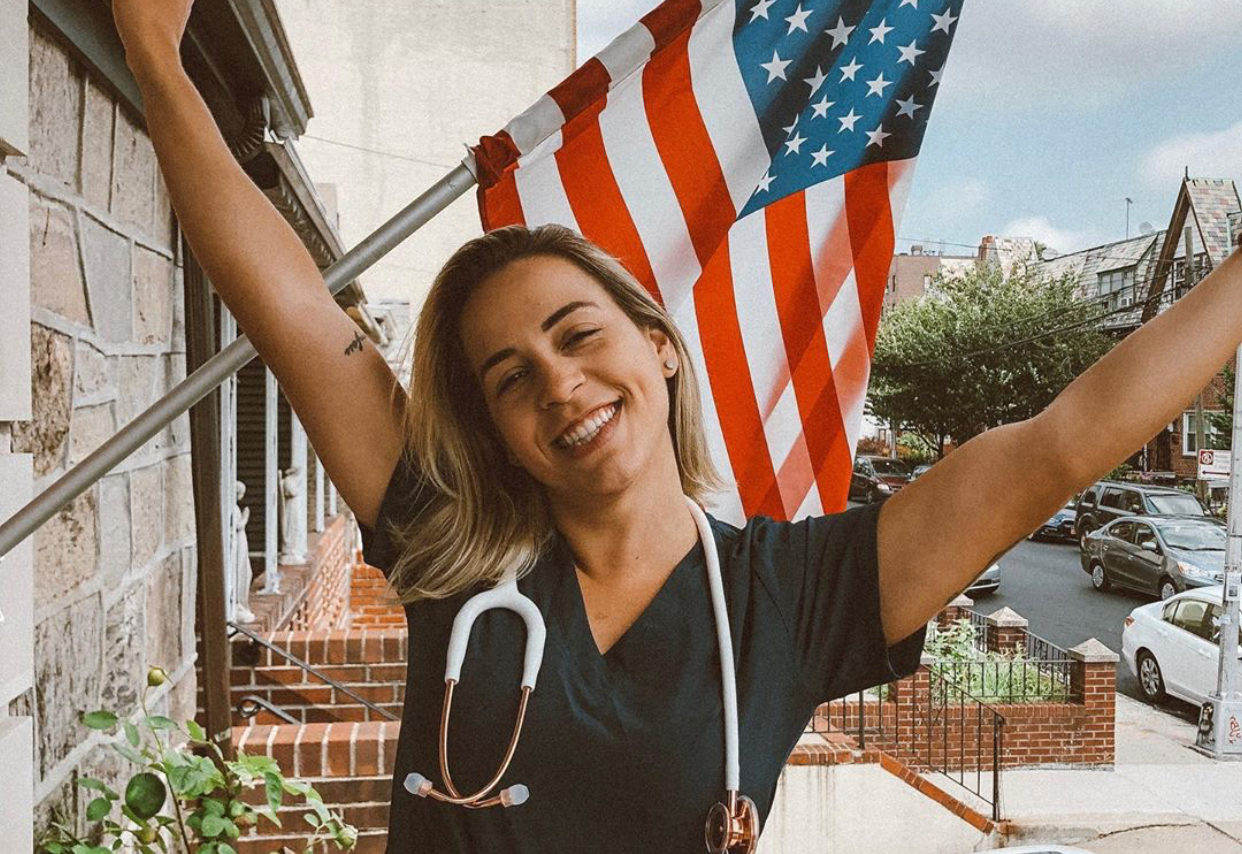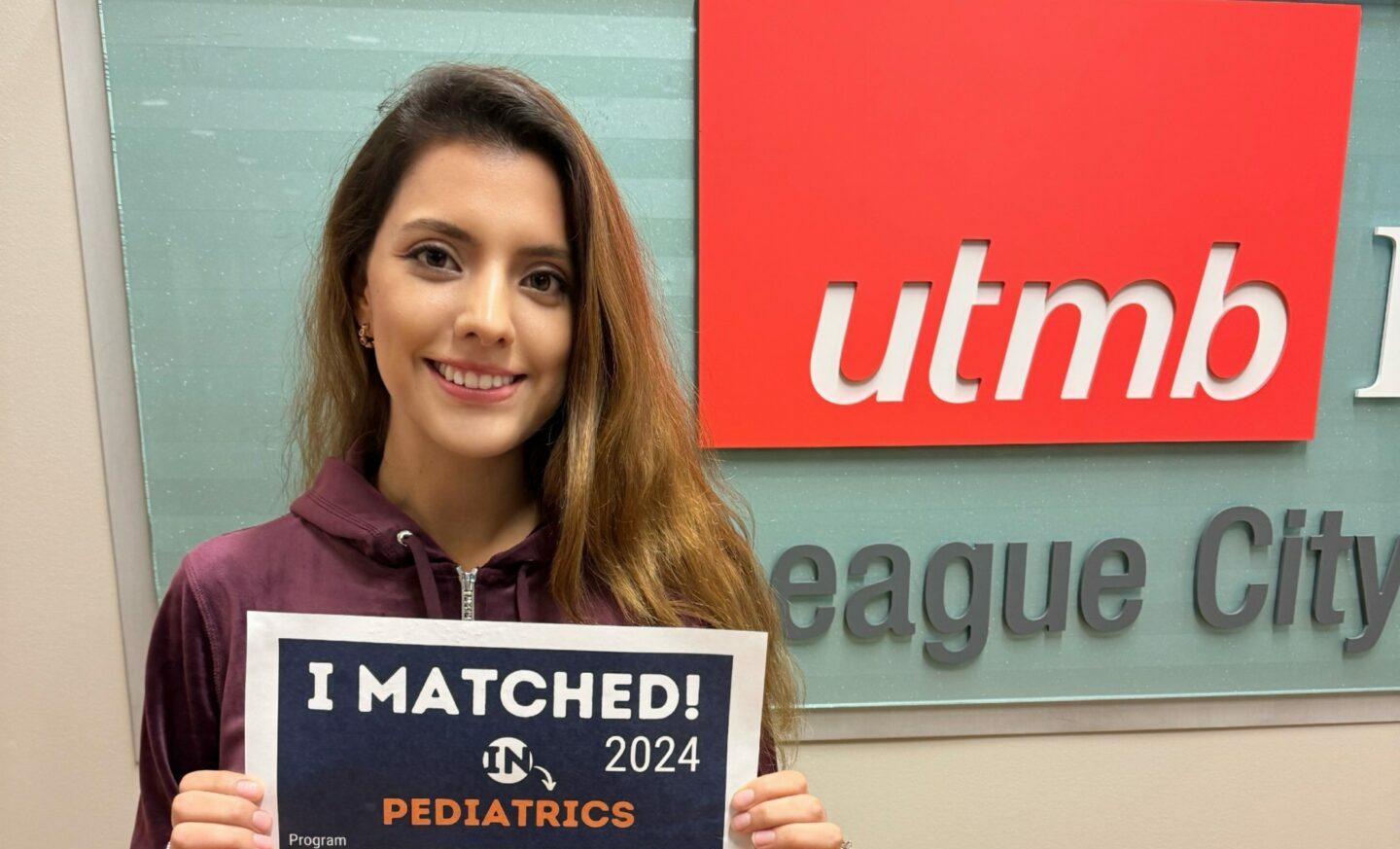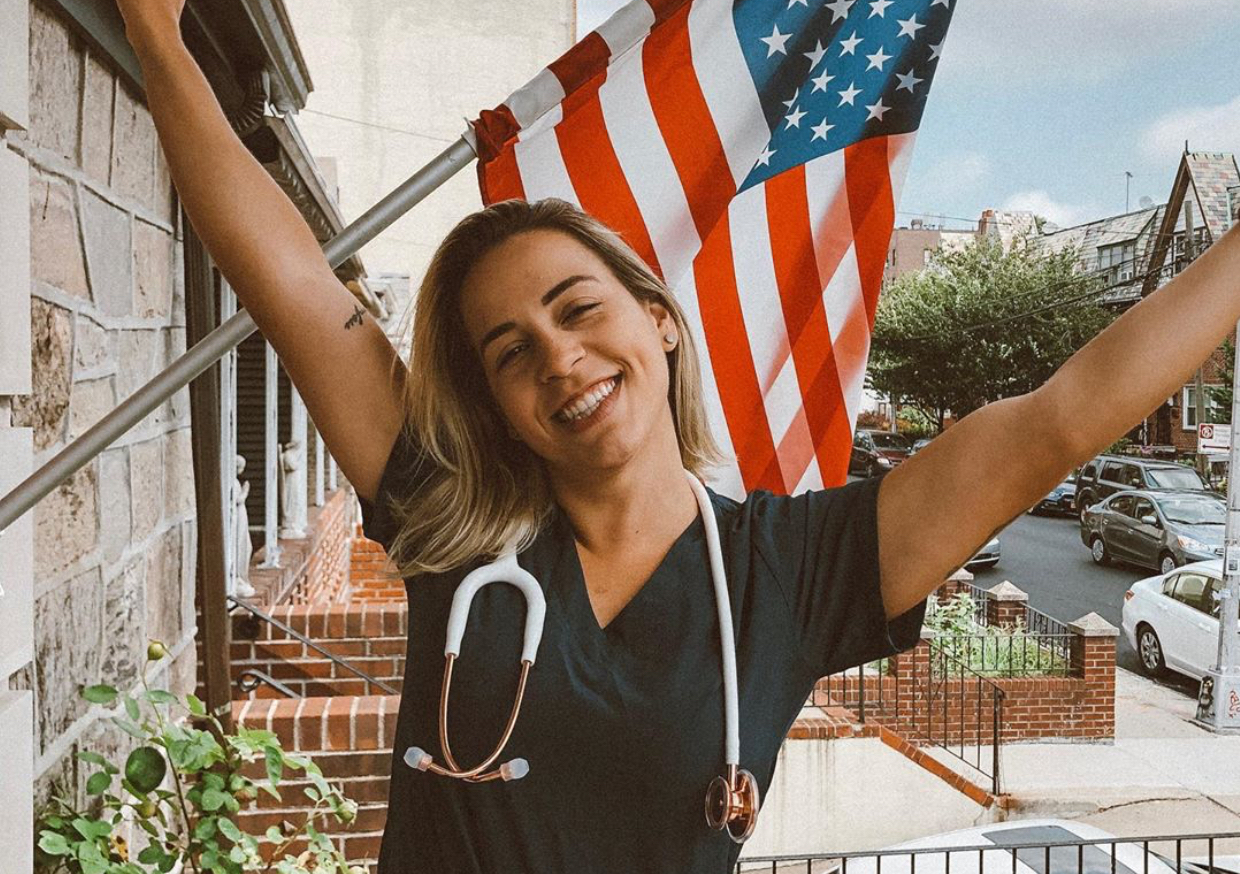You might be thinking of making a career change and want to apply for medical school. You may also be a foreign physician looking to transition your career to the U.S. Whatever your reasons for enrolling in medical school or applying to residency later in life, you are probably aware of the role applicant age plays in admissions. As it turns out, age plays little significance in acceptance rates of applicants with transcripts, test scores, letters of recommendation, and an individual’s overall resume/cv hold equal value.
In the following post, we will outline the advantages and disadvantages you may experience should you be accepted into medical school or residency later in life.
Advantages
-
You’ll have a diverse skill-set
Unlike traditional medical students and residents, you have seen the world. You have worked various jobs, learned how to deal with people, and learned a melange of skills. These things, although not directly related to medicine, could help you in the long run. It’s possible that after years of working in a professional setting, you have excellent people skills. Such skills could make interacting with patients and co-workers a breeze!
-
You’ll stand-out
Because most medical school and residency applicants are in their twenties, your age could be a sticking point for program admissions. This isn’t necessarily a bad thing, especially if you have a strong resume and test scores. Schools and residency programs are always looking to diversify the composition of their trainees. If you appear similar to other applicants in other areas on paper, you may very well get the stamp of approval and be accepted!
Although standing out can be great when you are an applicant, it could be a problem once you get into a program. You may have trouble connecting with younger students and residents. If this is the case, you may want to focus on your studies even harder. Knowing the material could impress other students and help you be a favorite when scheduling study sessions or working in cohorts.
-
You’ll avoid burnout.
Being a healthcare professional can, at times, be taxing. Sometimes it seems as if the words “physician” and “burnout” have become synonymous. According to one recent study, younger physicians are 200 times more likely to experience burnout than physicians of older ages. The ability to maintain composure despite the job pressures each day can be taught over time, no matter the professional career one has. Older medical students and residents have likely built this skill overtime outside of medicine.
Disadvantages
-
You’ll have to catch-up
Depending on how long it has been since you completed your undergraduate or medical education, you may have some significant studying to do. To get into medical school, you must take specific courses and pass the MCAT. Checking these boxes may require you to take additional college classes or spend a ton of time in the library studying.
If you plan to apply to residency, you will need persuasive letters of recommendation and USMLE scores that impress. To obtain such requirements, you may consider participating in clinical experiences and taking practice exams.
The bottom line here is that the decision to enroll in medical school or residency, no matter your age, should not be made with haste. Having success in medicine and obtaining a medical license will require hard work, dedication, and sacrifice.
-
Your finances will be tight
Most pre-medical students, medical students, and residents won’t have the same financial constraints as someone older. If they can be claimed as dependents, their parents may be providing financial assistance. Younger students may not be footing bills for housing, books, meals, and other expenses. They may not have to pay off their college loans yet either. For older students and residents, living expenses and school loans may be hard to balance. Older individuals may have to work part-time while in school, or even residency, to be able to afford everything.
For those who already have a medical degree and need to complete their residency, this may not be an issue as medical residents earn a salary.
-
Finding balance will be a challenge
Depending on what stage of your life you are in, attending medical school or residency could put a strain on your personal life. Both stages of your medical journey will be demanding mentally and physically. The challenges that arise during these years of training could take a toll on your marriage, friendships, and role as a parent.
For medical education to gel with your personal life, you must have a solid and dependable support structure. Good communication, empathy, and respect will be foundational to maintaining a good relationship with those around you and vice versa.
Are you looking to start your medical journey or continue it in the U.S.? A clinical experience could help!







Really supportive and inspiring, thank you for this article.